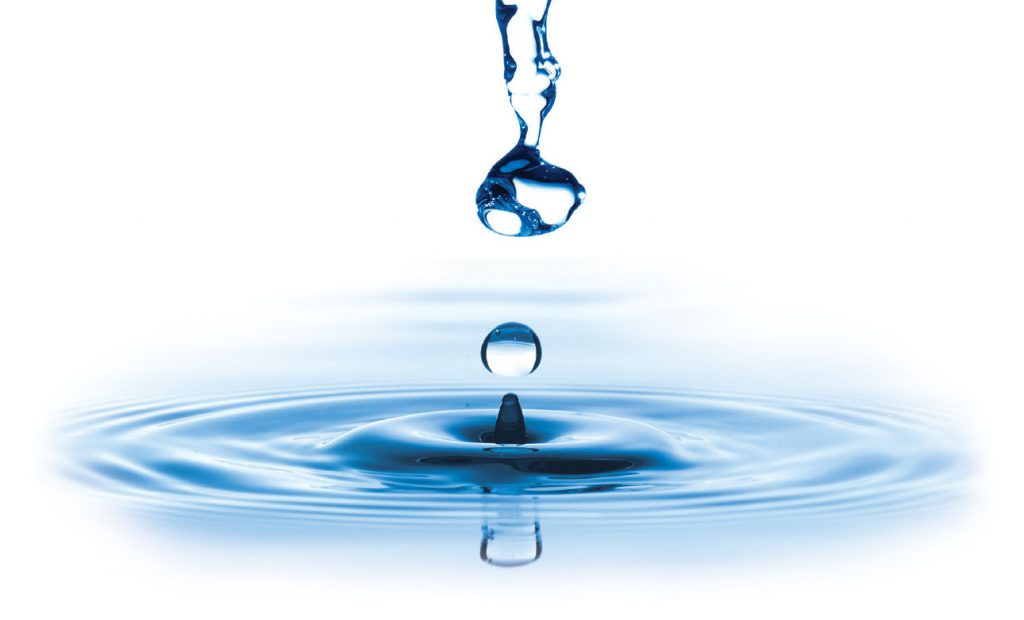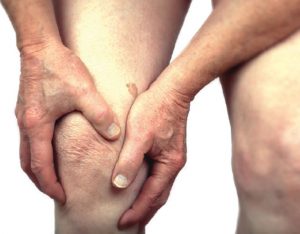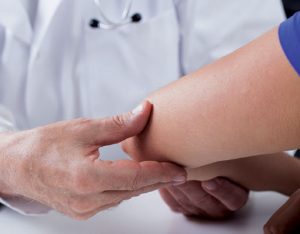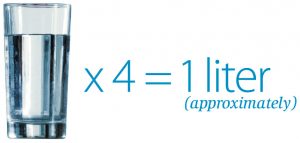 According to doctors and research groups from Mayo Clinic, Harvard Medical School, Centers for Disease Control and the University of Michigan Medical School, signs of aging and chronic disease have one thing in common—inflammation. A recent Time Magazine article also points to inflammation as the root cause of “old-age” aches, pains, fatigue and aging skin.
According to doctors and research groups from Mayo Clinic, Harvard Medical School, Centers for Disease Control and the University of Michigan Medical School, signs of aging and chronic disease have one thing in common—inflammation. A recent Time Magazine article also points to inflammation as the root cause of “old-age” aches, pains, fatigue and aging skin.
Merriam-Webster.com defines inflammation as “a local response to cellular injury that is marked by… redness, heat, pain, swelling, and often, loss of function and that serves as a mechanism initiating the elimination of noxious agents and of damaged tissue.” It is a natural reaction related to our immune response that helps us heal. When we get an infection, we want inflammation to kill bacteria and viruses.
 Broad symptoms like arthritic joints and sore muscles are easy to relate to, but inflammation can occurs in the cells of the heart, arteries, nerves, kidneys, pancreas, stomach, lungs and liver if stressed or attacked by disease.
Broad symptoms like arthritic joints and sore muscles are easy to relate to, but inflammation can occurs in the cells of the heart, arteries, nerves, kidneys, pancreas, stomach, lungs and liver if stressed or attacked by disease.
Today, scientists are studying the natural response of inflammation in individual cells. Why does inflammation sometimes fight infection and heal wounds — but run out of control with allergies and chronic diseases like arthritis? Why does our immune system use inflammation to kill off some “bugs,” but let some cancer cells sneak by and grow into tumors?
 All cells are bathed in some kind of fluid: lymph, blood plasma, saliva, urine or spinal fluid. Our bodies are 60 percent water. Heart and brain tissue are 73 percent water; lungs, 83; blood and lymph, over 90. Now, researchers are looking at how pathways of enzymes, and interacting proteins and gases move in and out of our cells, flowing from one fluid system to another. Maintaining normal amounts of water in your body allows complex pathways of intercellular reactions to function normally.
All cells are bathed in some kind of fluid: lymph, blood plasma, saliva, urine or spinal fluid. Our bodies are 60 percent water. Heart and brain tissue are 73 percent water; lungs, 83; blood and lymph, over 90. Now, researchers are looking at how pathways of enzymes, and interacting proteins and gases move in and out of our cells, flowing from one fluid system to another. Maintaining normal amounts of water in your body allows complex pathways of intercellular reactions to function normally.
Science may not yet know all answers to aging and chronic diseases, but one thing is certain—maintaining proper hydration is critical to good health. And now we know that water is important at a cellular level, too. Besides excercise, reduced stress and a low-fat, fiber-rich, whole-food diet, water is essential for digestion, regularity, and maintaining a healthy heart, blood system and brain.
Dr. Hiomi Shinya, author of The Enzyme Factor, developer of modern colonoscopy and director of the endoscopy center at Beth Israel Medical Center in New York City, puts his patients on vegetarian diets and ionized alkaline water to reverse all kinds of colonic disease. From his vast experience, he concludes that diet and drinking large amounts of pure, ionized water are important to staying healthy and keeping the body hydrated.
 While scientists are finding cures for chronic diseases that all seniors face, the least we can do is to stay well hydrated. Drinking 2 to 3 liters (1 liter=1.06 quarts) of water every day takes some discipline; before starting, ask your doctor if you can tolerate increased fluid intake. If you can, you may find that some of your aches and pains were just a result of being “a quart or two low.”
While scientists are finding cures for chronic diseases that all seniors face, the least we can do is to stay well hydrated. Drinking 2 to 3 liters (1 liter=1.06 quarts) of water every day takes some discipline; before starting, ask your doctor if you can tolerate increased fluid intake. If you can, you may find that some of your aches and pains were just a result of being “a quart or two low.”
ENAGIC USA Independent Distributor
Alan Matsushima, Health and Wellness Consultant
| 808-384-7354 | trader_808@yahoo.com


Leave a Reply